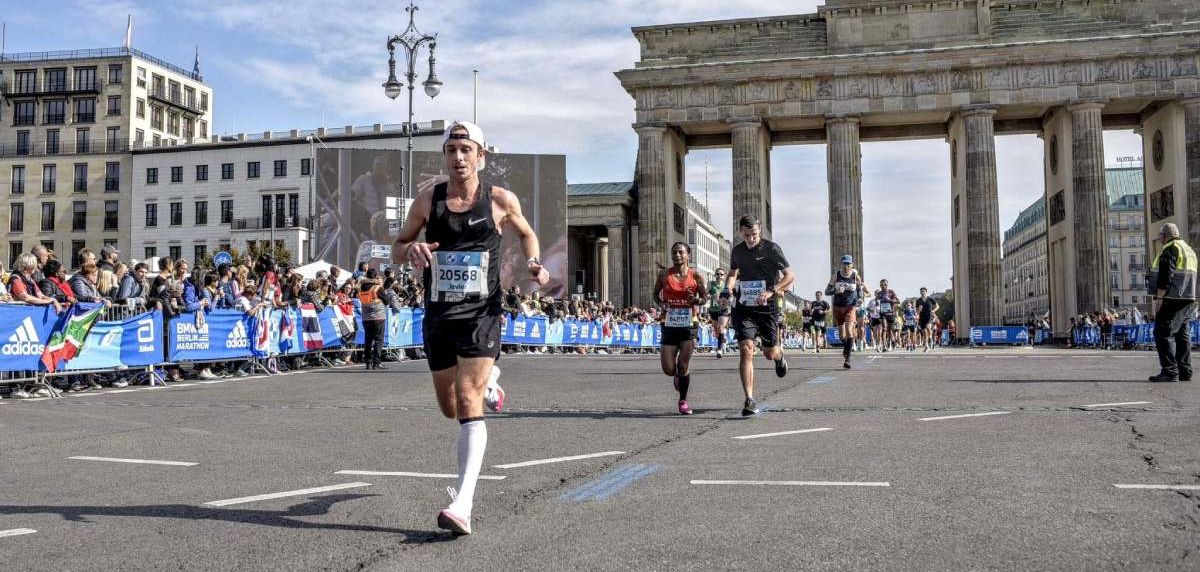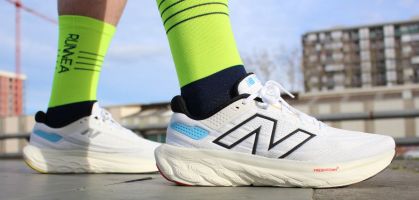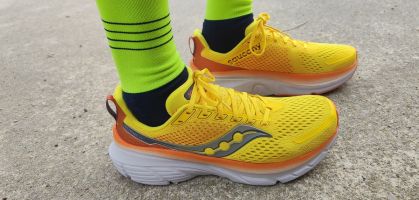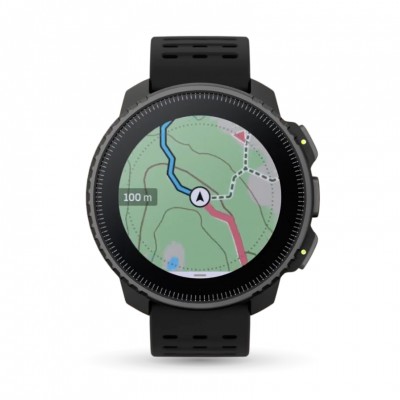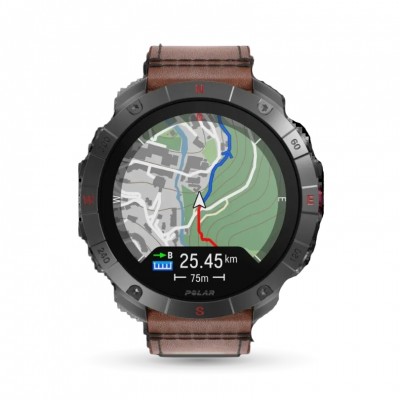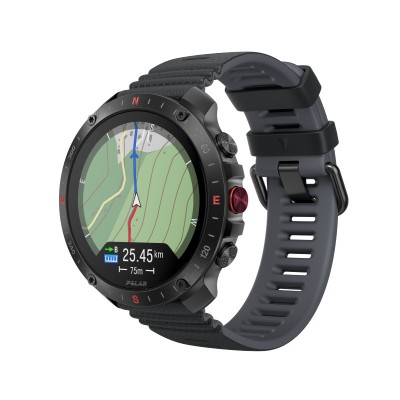We've all heard that all you need to start running is a pair of running running shoes and a little willpower. And nothing could be further from the truth. However, if we want to do things right and consider running as an important pillar of our lives, we have to go a little further. running is synonymous with heart-healthy sport. But we must individualize the mileage load and the pace of running to each person's state of health. To do this, it is important to have a medical check-up with a cardiologist or sports doctor.
You can listen to the podcast with Javier Irazusta, head of cardiology at Policlínica Gipuzkoa.
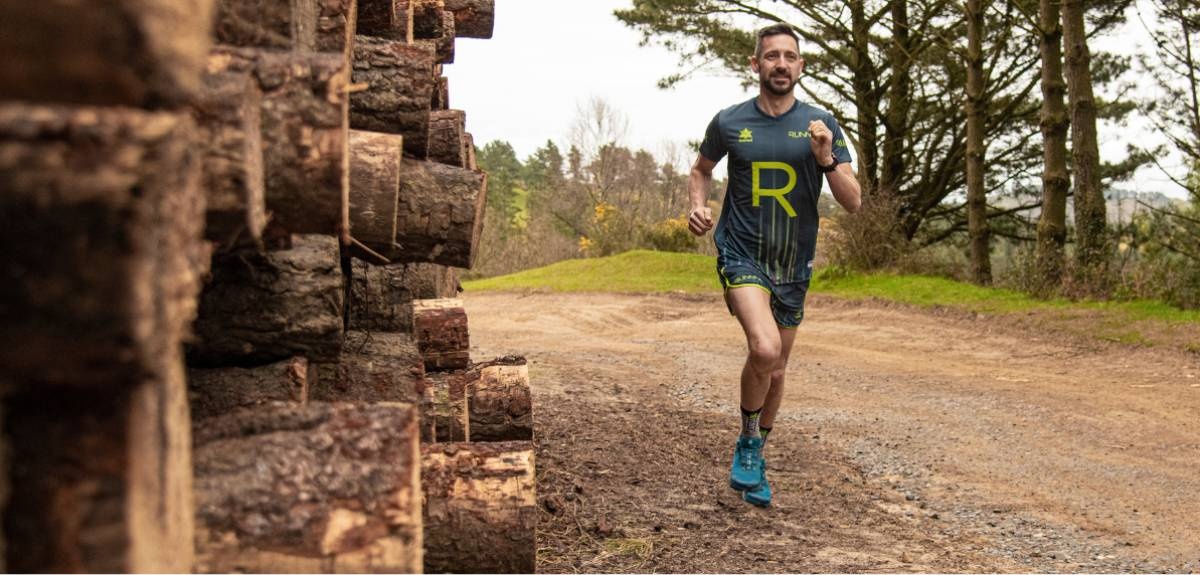
Which runners should undergo a medical examination?
The answer is everyone. Both those who are just starting to run and those who have been running for years.
We must not forget that it is a vigorous exercise and therefore can be a triggering factor for cardiovascular events, which include angina pectoris, heart attack or sudden death. In addition, many cardiac pathologies are silent, which means that they do not give any symptoms until they debut abruptly.
This does not mean that we should not be runners, since the metabolic and cardiovascular benefits of this sport are infinitely greater than its risks. However, there are people with cardiovascular risk, who should receive medical advice to practice running more safely.
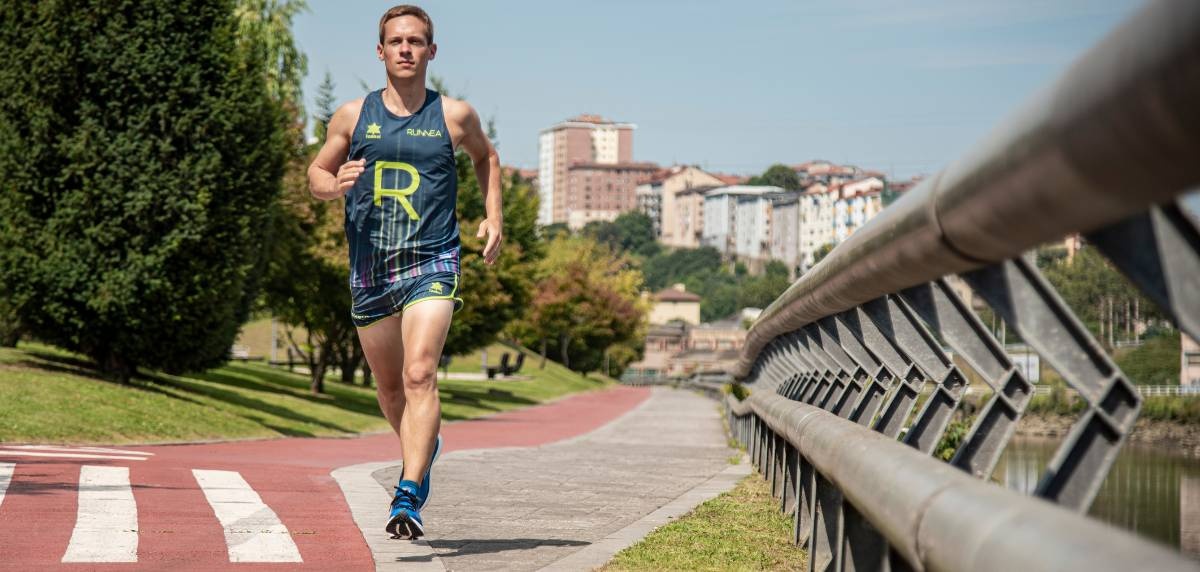
How do I know if I am at cardiovascular risk?
In principle, if you are a person under 35 years old, with healthy lifestyle habits and a regular athlete, the probability of having a heart problem is very low. Even so, it is advisable to undergo a cardiological consultation, where a simple questionnaire, an electrocardiogram and a cardiac ultrasound can detect many of the cardiac abnormalities that may pose a risk for sports practice.
For those over 35 years of age (which is the majority of runners), the main cardiovascular risk is associated with coronary artery disease, which are the arteries of the heart.
If you are overweight, especially with increased abdominal girth (the famous beer belly), if you have been diagnosed with high blood pressure, if you are a smoker or have been a smoker, if your blood tests have told you that you have high cholesterol, if you have diabetes, or if your family has a history of heart attack or angina pectoris: then you should make an appointment with a cardiologist to perform an electrocardiogram and a cardiac ultrasound, as well as an exercise stress test.

How often should I repeat the tests if they are normal?
For those under 35 years of age, a cardiology check-up may be sufficient and should not have to be repeated systematically.
For those over 35 years of age, there is no determined periodicity that can be generalized for everyone; everything will depend on the risk factors of each individual. Ideally, it should be performed annually.
In addition, you can take advantage of the stress test to measure lactate or gas consumption and thus get a lot of information from the test: heart rate thresholds, training plans and race rhythms.
What are the warning signs to be concerned about?
The symptoms that should alert us are: chest tightness, dizziness or fainting during running, and palpitations or tachycardia inappropriate to the sporting load.
Chest tight ness can be located in the center of the chest, in the left hemithorax, rarely on the right side, and sometimes it can rise towards the throat and jaw or towards the left arm.
Dizziness during exertion, if I am well hydrated, have eaten properly and am not overexerting myself, is another symptom that I should report to my doctor. Even more so if the dizziness is accompanied by fainting with loss of consciousness.
I should also be aware of my pulse (heart rate) when I go running. I should be alerted if my heart rate rises sharply without an increase in effort to justify it.
The benefits of running are infinitely greater than the risks.
Running keeps us physically and mentally healthy. The benefits of running are infinitely greater than the risks. But you have to know how to practice it and follow the sports recommendations of specialists. A cardiological check-up can save us a lot of unpleasantness. Therefore, I firmly believe that it should be part of our sports preparation. I encourage you to include a check-up with a cardiologist or a sports doctor in your calendar to optimize your training, improve your results and enjoy running safely.
Read more news about: Running News
